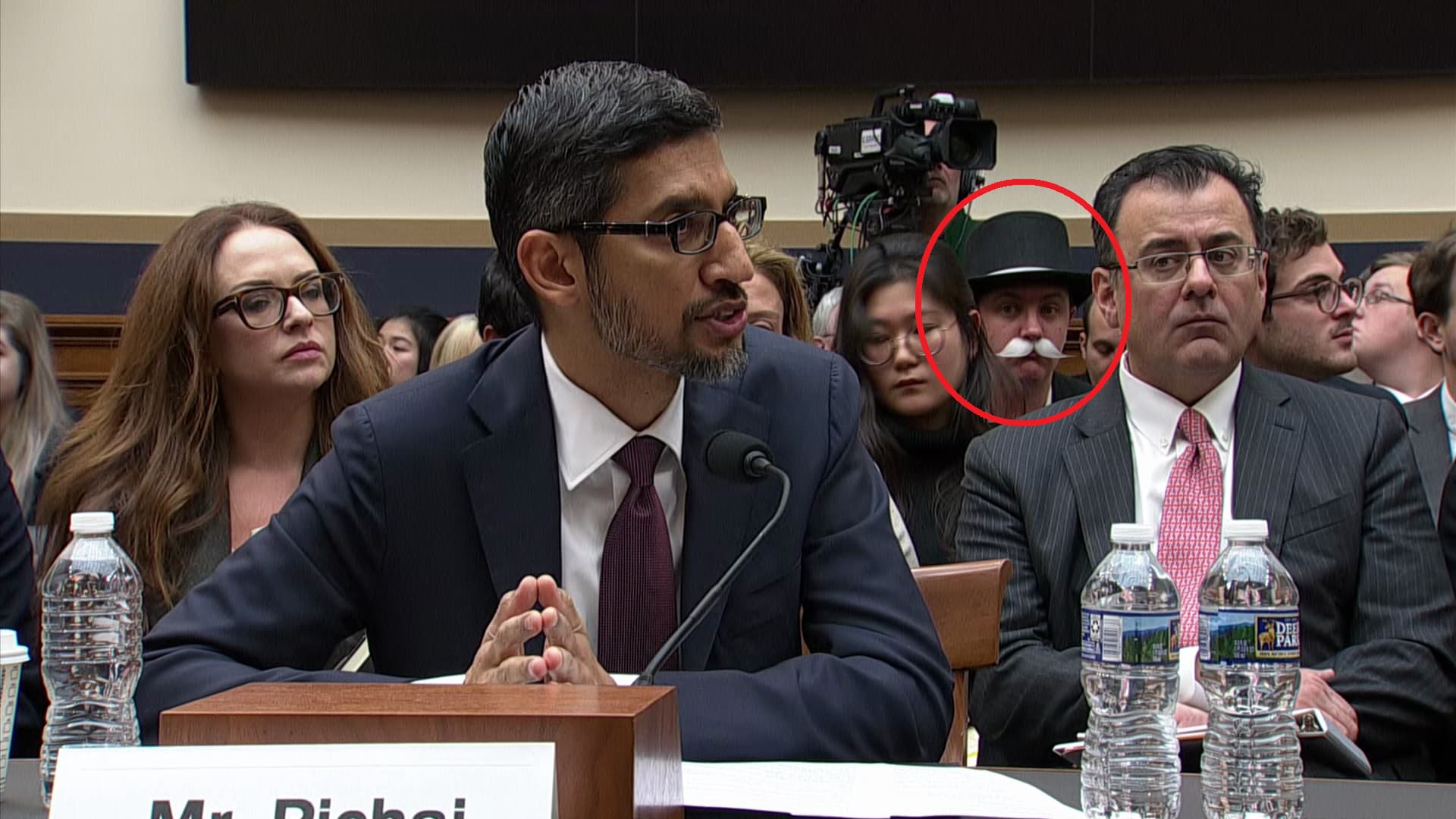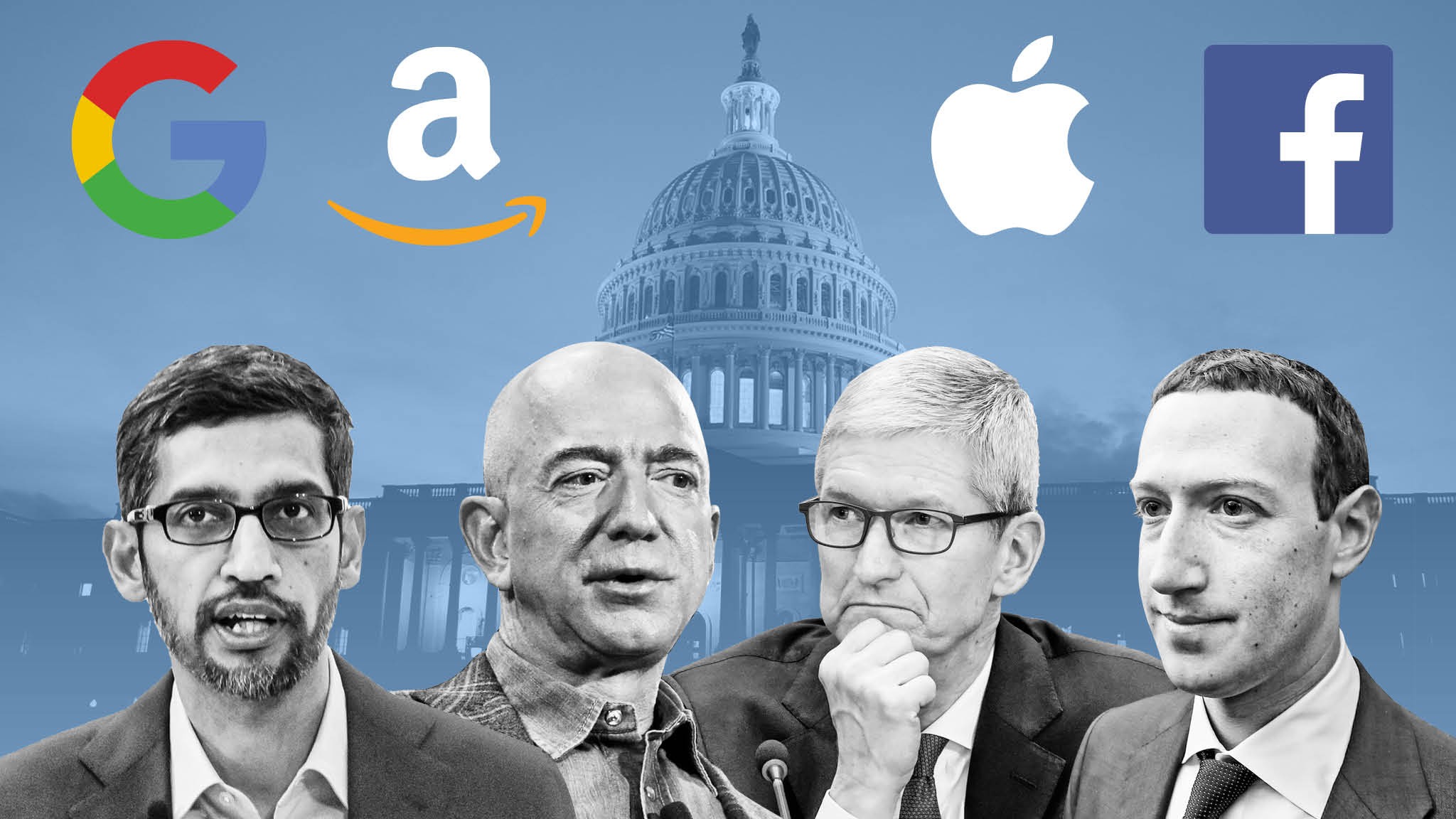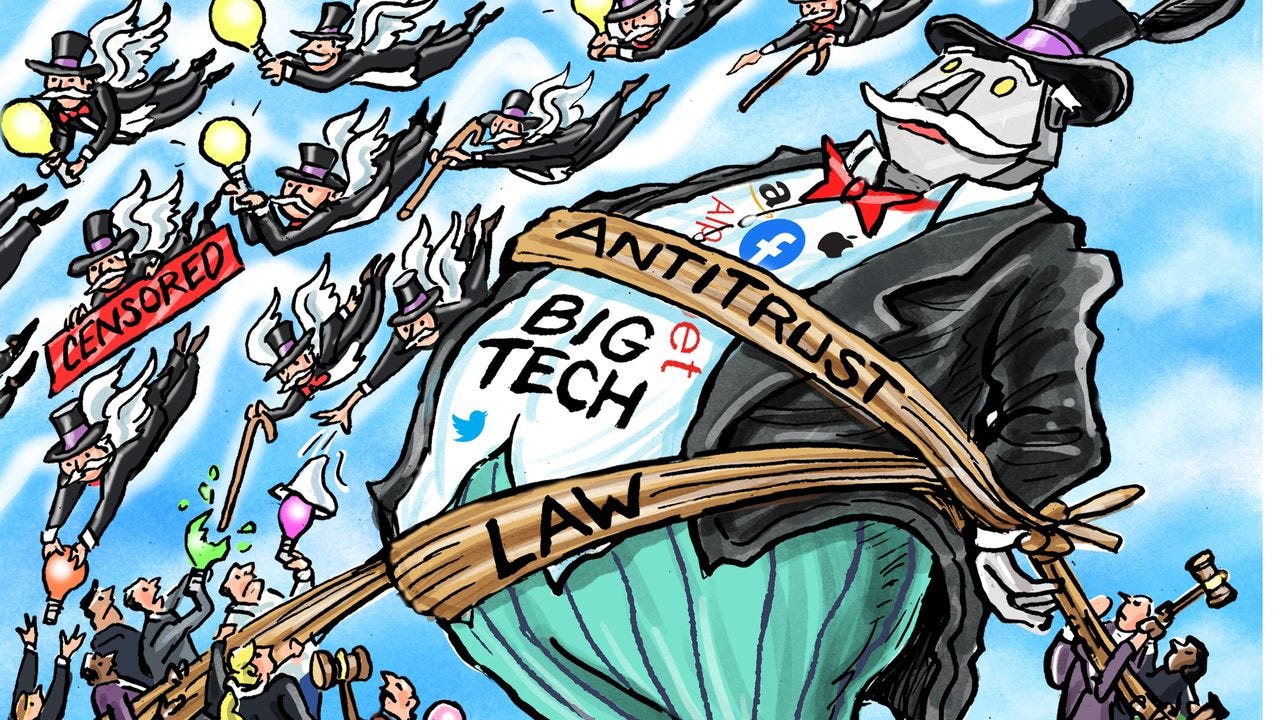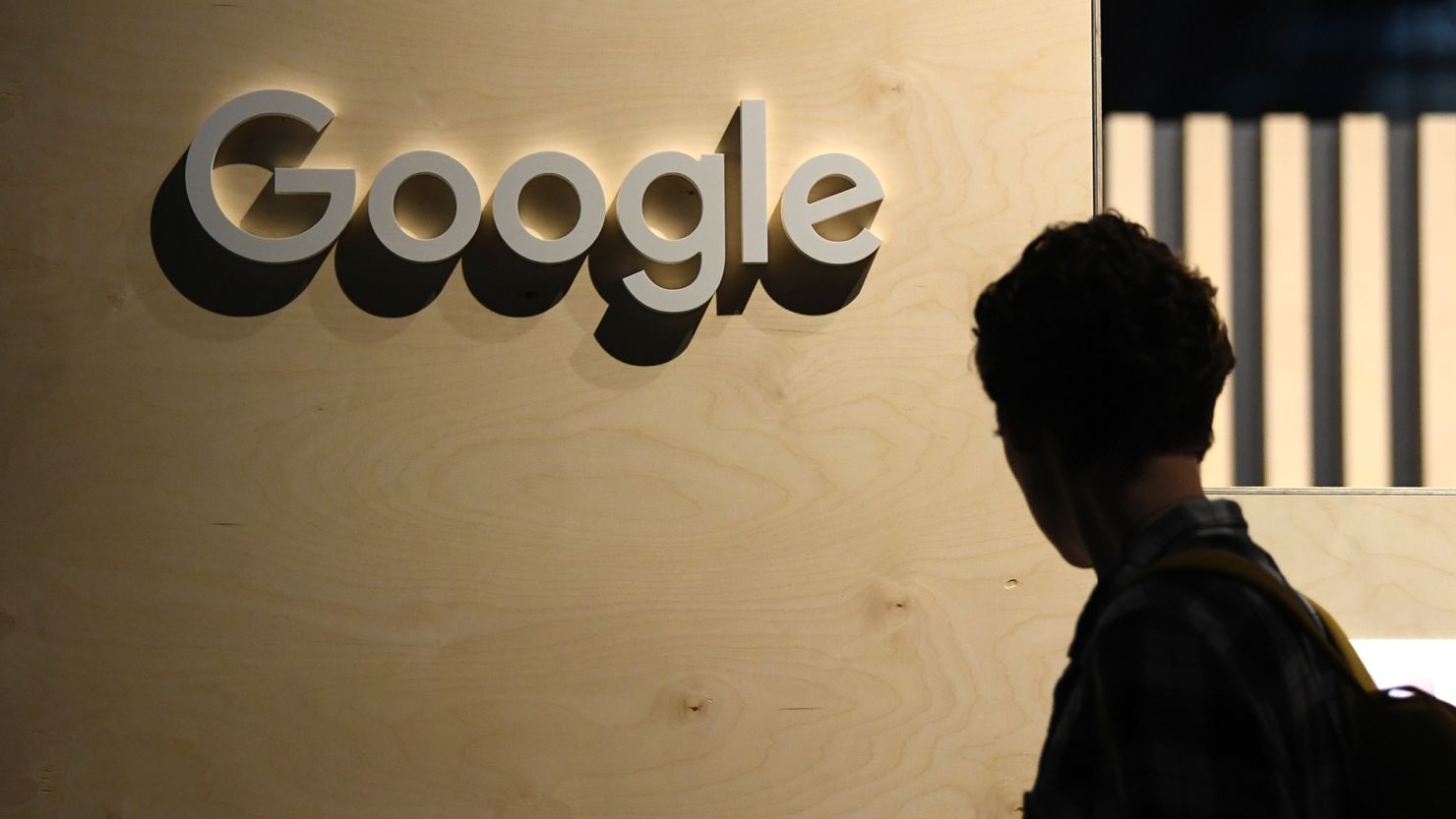The tech world’s records would have changed forever on the 6th day of August, 2024. A major legal battle against United States Department of Justice (DOJ) was unfortunately lost by Google which has been a giant in the sector ever since 2020 when the fight started. The charges against Google were antitrust violations in America, and accused of monopoly practices that suppressed competition as well as blocking innovation. This is like the case of Standard Oil and American Tobacco Company that is momentous for technology history. However, what does it mean for Google and big tech in general? Here are the details.
Introduction
The technology landscape might be forever changed by a decision made yesterday that sent shock waves through the tech industry. In one of its most significant legal defeats ever, Google has suffered a major setback at the hands of the United States Department of Justice, marking a turning point in an ongoing war against monopolistic behavior within the field of technology. How did this happen and what does it imply for mega tech?

Background of the Case
Google and DOJ have been engaged in a legal tussle since 2020 when the government accused Google of violating US antitrust laws. The company has been alleged by the DOJ to have used its market power to stifle competition and innovation as if it were playing unfair monopoly game. Google’s defense came out strongly, dismissing the allegations as outrageous and salacious but court supported DOJ.

What is the Sherman Act?
To really appreciate what this means, one must look back to the Sherman Act of 1890. It is important to note that this law was put in place in order to limit the influence of large corporations within sectors such as oil, tobacco and railroads. This Act contains two main provisions: one against monopolizing any part of trade or commerce among several States or with foreign nations; another for forbidding any acquisition or maintenance of monopoly power through unlawful means.
Google’s Alleged Violations
These problems arose from Google’s dominance in search engine market coupled with policies that are anti-competitive. The company’s acts went beyond making superior products as per DOJ; it involved other practices aimed at securing its status as a sole provider on the market.
Exclusive Deals and Market Domination
Google’s exclusive agreements were a major issue of disagreement. Google required Android to have its search engine as the default, had profitable agreements with Mozilla Firefox and paid Apple a huge $20 billion per annum to be the default search engine on iOS. The court deemed these deals anti-competitive.

The Court’s Decision
The judge finds Google guilty of violating antitrust laws. It was an important ruling as it compared Google’s situation to that of Standard Oil and American Tobacco Company both of which were eventually broken up to promote competition. Now Google is at a crossroads, awaiting determination of final penalties following another trial.
Implications for Google
This ruling could have serious implications for Google including its potential break-up. Google will not be divided into so many entities like CIA but there is a possibility that some operations may be divested such as Gmail or Android.
Comparisons to Historical Antitrust Cases
Major corporations have traditionally gone through significant restructuring through antitrust cases. Both Standard Oil and American Tobacco Company were torn apart in order to restore competitive balance. Likewise, Microsoft was faced with antitrust actions in 2001 but managed to evade a breakup.
Potential Outcomes for Google
Google can be penalized heavily and have its business practices curtailed. Paradoxically, this could favor Google as it would prevent Apple from riding on the popularity of Google’s services while keeping their control over the market.
Impact on Free Services
If Google were broken up, there could be a price for its free offerings. When unattached with the profitable searches, Gmail might require payments from users. This worries about accessibility and cost-effectiveness of essential e-services.

Other Big Tech Antitrust Cases
But other major tech players including Apple, Meta and Amazon are also in the crosshairs of antitrust authorities.
Apple’s Antitrust Issues
The DOJ has its eyes fixed on Apple over monopoly allegations based on its App Store policies. It is said to have used privacy as an excuse to tighten its practices. Even in Europe, Apple had to share out its payment services with rivals.
Meta’s Legal Troubles
Meta – previously Facebook – has been sued for allegedly taking control of social media through various acquisitions such as Instagram and WhatsApp. These acquisitions are seen as strategies intended to destroy competition and monopolize the market.
Amazon’s Monopoly Battle
It is also reported that Amazon is abusing sellers by applying anti-discounting measures and establishing contracts that favour its products. Thus there are claims that Amazon inequitably disadvantages rivals using its platform.
What This Means for the Tech Industry
A bigger drive to regulate the industry from antitrust cases against big tech firms is evident. These lawsuits could lead to a shift in how technology companies function which would encourage more competition and perhaps more affordable services and prices for customers.

Conclusion
The legal defeat of Google has been a major milestone in the technological field. Consequently, we will see great changes in the way leading technology firms operate. The outcome of this case is unclear as it stands but it paves the way for other antirust suits that may come up, indicating a new regulatory order for tech in the future.









Leave a Reply